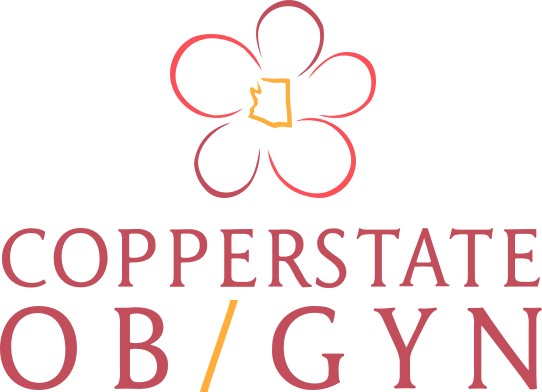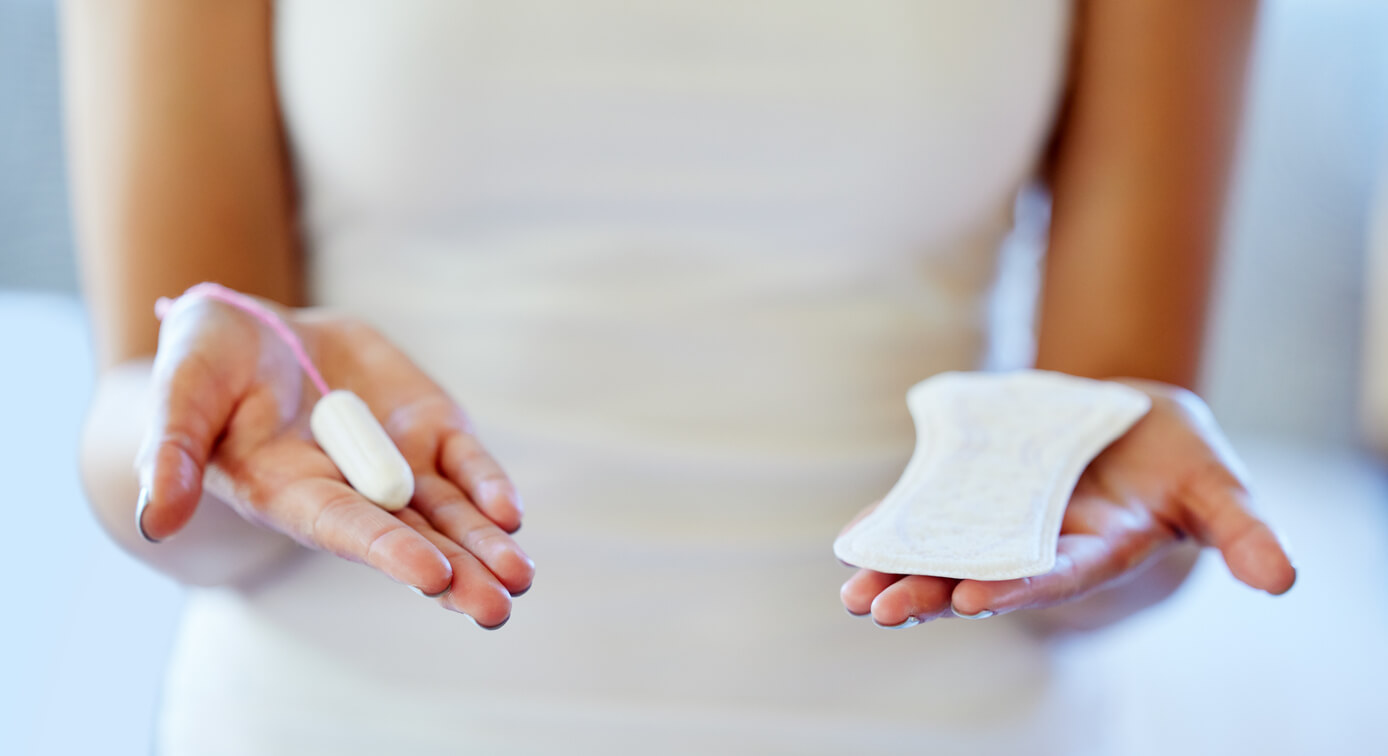“It’s that time of the month!”
We’ve all heard it, and said it a million times, however, something that is often overlooked is that your period isn’t just a portion of the month. Your menstrual cycle actually includes four phases that span out over the course of one full month. So while you may actually only “bleed” for one week, your body is undergoing changes throughout all four of these phases every month.
In honor of I Am Woman: A Celebration of Womanhood, we are taking a look at the menstrual cycle as a whole, and how we can work with our body during these different phases.
What is the Menstrual Cycle?
The menstrual cycle is a natural process that happens in females after they reach puberty, and continues through the majority of their adult lives. It is controlled by female hormones, with the purpose of preparing the body for pregnancy. If you do not become pregnant, your hormones send a signal to your uterus to begin shedding its lining. This “bleeding” becomes what we know as our period. Once you start your period, the cycle starts again.
The Four Phases of the Menstrual Cycle
Before learning how to care for your body during the different phases of the menstrual cycle, it is important to understand the purpose of each phase and the changes your body undergoes during it. The four phases of the menstrual cycle are:
- The follicular phase
- Ovulation
- The luteal phase
- Menstruation
The Follicular Phase
The first phase of the menstrual cycle is the follicular phase. The follicular phase starts on the first day of your period and lasts for roughly 13 to 14 days. During this phase, the pituitary gland in your brain will release a hormone to stimulate the production of follicles on the surface of your ovary. Typically, only one of these follicles will mature into an egg.
During the follicular phase, your reproductive hormones will increase to prepare for the next stage in the menstrual cycle, ovulation. This can lead to higher energy levels, an increased sex drive, glowing skin, and an overall boost in mood.
You can work with your body during this time by taking advantage of your increased energy levels, and overall feel-good attitude to socialize, exercise, and try new things.
Ovulation
As the follicular phase comes to an end, next, ovulation will occur. The mature egg that was produced during the follicular stage will now be released from an ovary and move along a fallopian tube toward your uterus. This entire process only lasts about 16 to 36 hours, and typically marks about two weeks til you begin menstruation or “bleeding”.
During the ovulation period, your reproductive hormones will hit their peak. This can make you feel a big boost of confidence and an even bigger boost in libido. Additionally, if you are trying to get pregnant, this is the optimal time for trying because of high fertility.
The ovulation period is the perfect time to go on a date, as you are experiencing a boost in confidence thanks to your increased reproductive hormones.
The Luteal Phase
After ovulation, comes the luteal phase. Cells within your ovary will release progesterone and estrogen which will cause the lining of your uterus to thicken to prepare for pregnancy. If a fertilized egg isn’t implanted in the lining of the uterus, progesterone levels will drop causing the lining to shed, and “bleeding” to begin. Many women will choose to use tampons or pads during this time. The entire luteal phase lasts roughly 12-14 days.
During this phase, your energy levels may drop and you may experience the classic premenstrual symptoms (PMS) such as:
- Tension or anxiety
- Cramping
- Acne
- Depressed mood
- Crying spells
- Mood swings and irritability or anger
- Appetite changes and food cravings
- Trouble falling asleep (insomnia)
- Social withdrawal
- Poor concentration
This happens because your body will be preparing for a new cycle. You can work with your body by honoring the way you feel and allowing yourself to rest and take time for yourself. Adding more iron and magnesium-rich foods into your diet during this time can help alleviate some of the symptoms you may experience.
Copperstate and Your Reproductive Health
Another way to honor and embrace your menstrual cycle is by ensuring your reproductive health is prioritized and your menstrual cycle remains regular. This is where Copperstate can help. Our practice is recognized as one of the most progressive OB/Gyn groups in Southern Arizona. We offer numerous services focused on helping you achieve optimal reproductive health such as:
- Contraceptive and Natural Family Planning
- Annual Well Women Exams
- Obstetrical and Gynecological Ultrasounds
- Individualized Obstetrical Care
I Am Woman: A Celebration of Womanhood
In March 1992, Dr. Karen Addis and her husband Dr. Walt Patton opened Copperstate OB/GYN, a premier women’s healthcare facility focused on providing exceptional reproductive healthcare to women of all ages, and through every stage of life and every stage of the menstrual cycle. This year we are celebrating 30 years of female empowerment with I Am Woman: A Celebration of Womanhood. In addition to our monthly blog posts, we’ll be hosting Facebook Live sessions and giveaways each month in our Facebook group, Tucson Women: Healthy Living, that will celebrate womanhood and test followers’ knowledge!
Are you looking for an OB/Gyn you can trust to help you achieve optimal reproductive health in the Tucson area? Let us support you in achieving true health and wellness. Call (520) 721-8605 to book your appointment today.
Sources
- https://www.betterhealth.vic.gov.au/health/conditionsandtreatments/menstrual-cycle
- https://cycles.app/articles/lifestyle/making-the-best-of-every-phase-of-your-cycle#:~:text=The%20Follicular%20Phase%20(Days%206%2D14),-During%20this%20phase&text=You%20might%20notice%20higher%20energy,exercising%20or%20trying%20new%20things.
- https://www.mayoclinic.org/diseases-conditions/premenstrual-syndrome/symptoms-causes/syc-20376780

